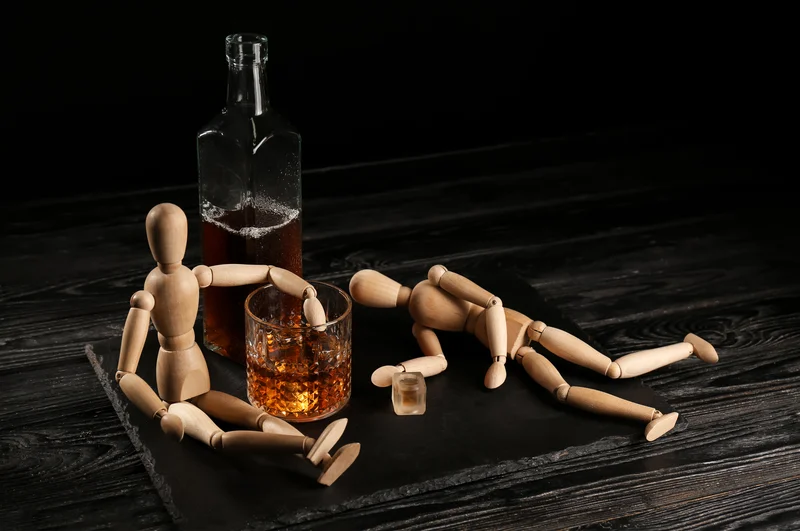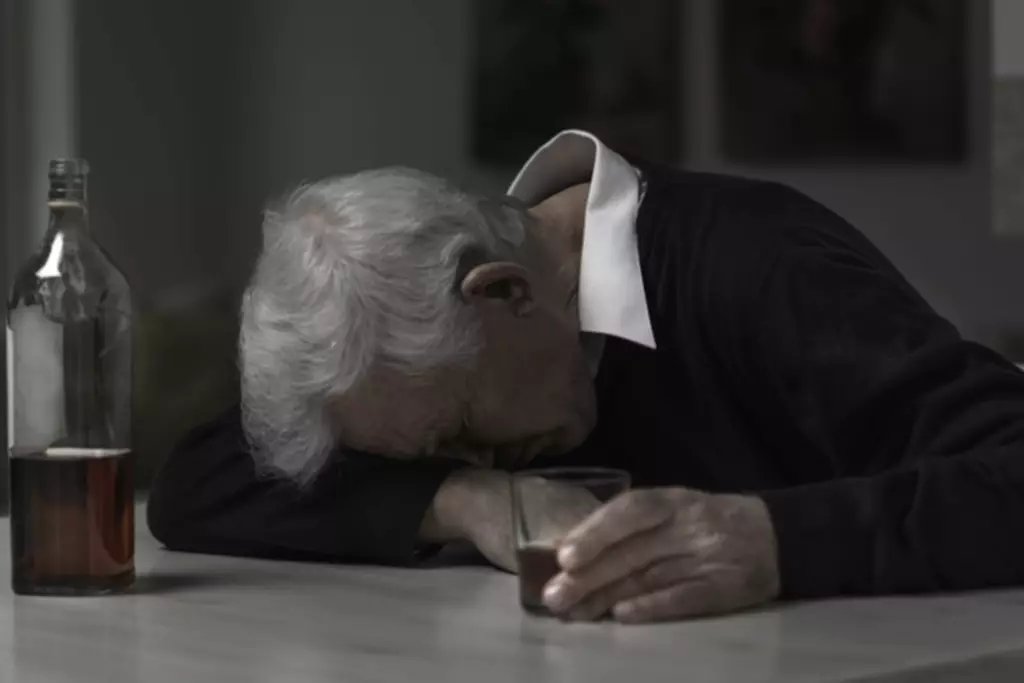Why Alcohol Causes Dehydration and How to Prevent It
31 de Janeiro, 2022
The consequence of alcohol’s diuretic effect is that we lose more liquid through our urine than we take in, putting us at risk of dehydration. This is why it’s important to replace lost fluids by drinking water if we choose to consume alcohol. Dehydration can lead to serious health issues such as confusion and seizures and can worsen https://ecosoberhouse.com/ hangover symptoms. Alcohol consumption is a common social activity that is enjoyed by many people around the world. However, it is important to understand the potential long-term effects of alcohol-related dehydration. Dehydration occurs when the body loses more fluids than it takes in, resulting in a lack of water in the body.
How alcohol affects muscle recovery and growth
In addition, consuming too much soda can cause kidney issues, weight gain, metabolic imbalances, cardiovascular problems, and poor dental health. Avoid pre-mixed sports drinks and instead opt for a sugar-free electrolyte powder formulated with a potassium-to-sodium ratio of around 1,000 milligrams of potassium and 40 milligrams of sodium. Consuming water enriched with electrolytes is one of the most effective strategies to avoid dehydration.

Drinking Alcohol makes you pee more – but how much?
So, make it a habit to drink enough water daily to keep every part of your body functioning optimally. In another study, thirsty adults perceived a cold carbonated beverage to be more thirst-quenching than water. When you’re feeling thirsty or dehydrated, reaching for a refreshing beverage may seem like common sense. In a few minutes, you’ll feel the effects of the IV drip therapy and may experience your hangover symptoms vanish into the ether. But wine is nothing compared to liquor, in which a single one and a half-ounce shot may contain up to 70 percent alcohol content. Next Health clarifies the relationship and difference between alcohol and hydration.
What to Do If You’re Already Dehydrated from Alcohol

Moderate drinking may cause mild dehydration, while excessive consumption can lead to significant fluid loss. Therefore, it’s important to be mindful of how much alcohol you consume and to drink water alongside alcoholic beverages to help mitigate the dehydrating effects. Like all diuretics, alcohol inhibits the release of vasopressin — the antidiuretic hormone (ADH) — causing our kidneys to release more water that ends up in our bladder. This can have a dehydrating effect on our body that not only makes us urinate more, but also causes a host of side effects, such as headaches, dizziness, and nausea.

- “The higher the alcohol content a drink has (or is absorbed in your body), the greater the diuretic and dehydration effect.”
- These drinks can help to restore the body’s balance of fluids and minerals, reducing the risk of dehydration.
- The rate of alcohol absorption is greater than its rate of elimination, and both the amount of alcohol consumed and the rate of absorption are key determinants of the peak BAC.
Additionally, alcohol’s impact on metabolic processes can contribute to fat storage. Everyone’s tolerance to alcohol is different, and it’s important to know and respect your own limits. Finally, chronic alcohol use can result in more severe damage to the digestive tract, leading to conditions such as gastritis or pancreatitis, which further hinder nutrient digestion and absorption. Over time, this can lead to malnutrition, affecting overall health, immune function, and the body’s ability to repair itself.
- “Therefore drinking a sugary alcoholic beverage can make it worse and cause dehydration.”
- Dehydration caused by alcohol can also have long-term effects on the body.
- When muscles and organs are deprived of water, they can shrink—including the brain.
- When alcohol is consumed, it can cause dehydration by increasing urine production and reducing the body’s ability to retain water.
- Alcohol can inflame and damage the lining of the stomach and intestines, impairing the absorption of nutrients.
Alcohol is a diuretic, which means it moves fluid out of your body and can easily dehydrate you. Not only is staying well-hydrated key to your long-term health, but it can also help you avoid uncomfortable hangover symptoms. For optimal hydration, it’s best to drink water regularly throughout the day, especially when consuming alcohol. Always prioritize non-alcoholic beverages to ensure your body receives adequate hydration does alcohol dehydrate you for overall health and well-being. In addition to moderating alcohol intake, pairing drinks with water or hydrating beverages can help maintain hydration levels.

As a result, you can become dehydrated if you don’t drink enough water with your alcoholic beverage. In summary, the role of vasopressin in alcohol-induced dehydration is well-established. Alcohol’s interference with vasopressin signalling leads to increased urine production and fluid loss, contributing to dehydration. Additionally, the complex relationship between alcohol and vasopressin extends beyond dehydration, impacting alcohol tolerance, drinking behaviour, and stress responses.
Sometimes we all go overboard, and if you’ve Oxford House had a few too many, you might not feel great the next day. The best advice to get rid of that nasty hangover is to drink plenty of water and electrolytes, and stick to your normal healthy way of eating. In conclusion, while alcohol might be a part of many athletes’ social lives, it’s essential to recognize its potential negative effects on sports performance. From impairing muscle recovery and hydration to disrupting sleep and overall recovery, alcohol can significantly hamper athletic performance and progress.